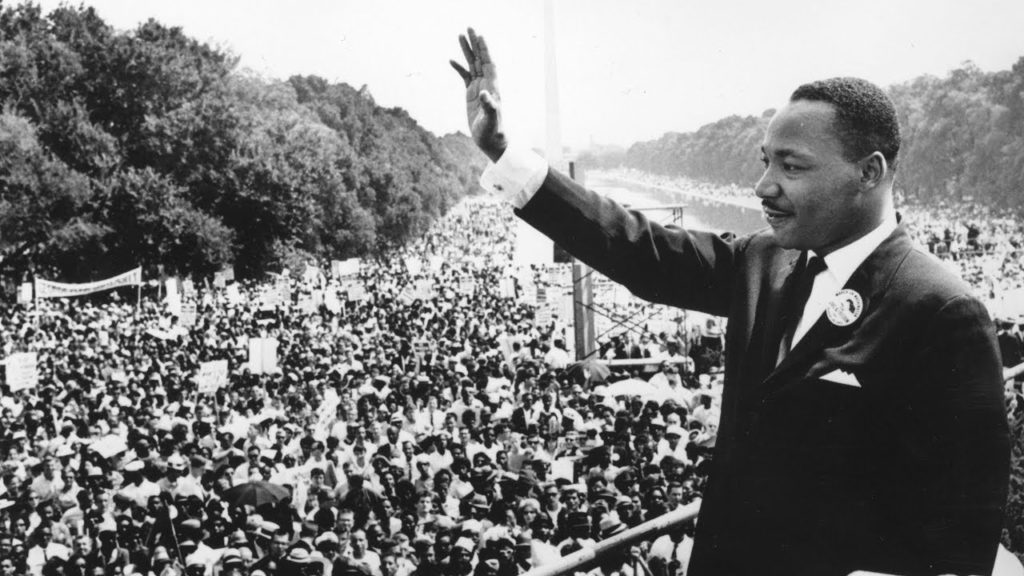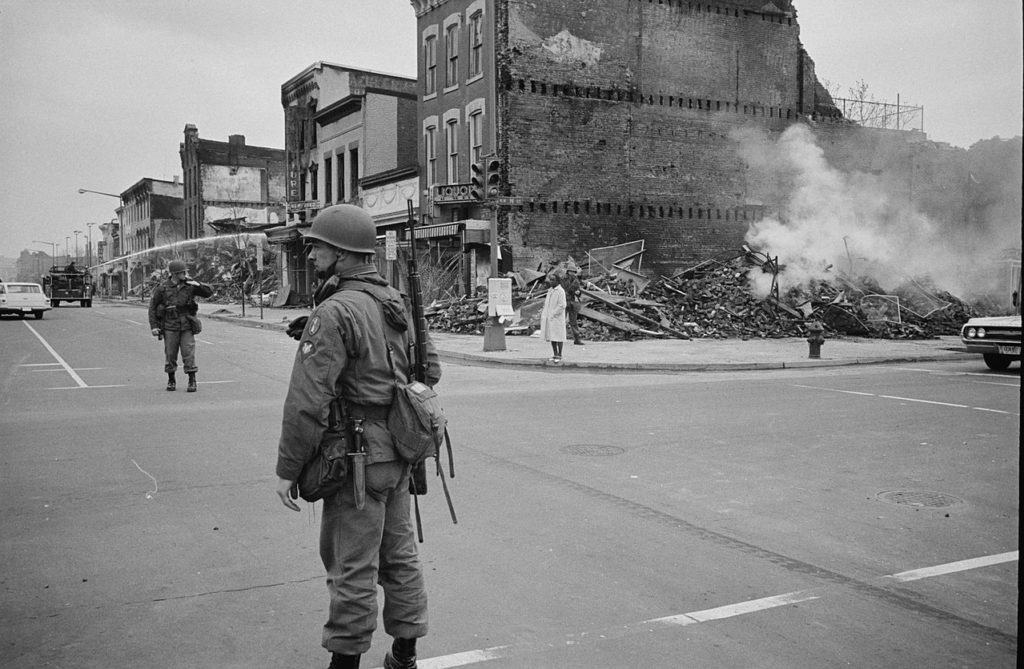Remembering APRIL 4, 1968: The death of Martin Luther King Jr.
By • April 4, 2018 0 1679

The Washington Post newsroom at deadline is a maelstrom of activity and noise, and the early evening of April 4, 1968, was no exception. I was finishing writing a story for the national desk about a now-forgotten subject when a strange hush fell over that main editing section. A bulletin had just come in reporting Martin Luther King’s wounding by a sniper in Memphis. Shortly after, a second flash told the world of his death.
The news came as a body blow to the supposedly crisis-hardened and skeptical journalists in Ben Bradlee’s then relatively small empire. Great sorrow, and dread about what the assassination would unlock, spread quickly through the room.
Then the journalist’s reflex took over and we pitched in to produce what we habitually called the Daily Miracle the next day’s newspaper which somehow came together in the chaos of the production deadline.
The banner headline, “King Assassinated in Memphis,” stretched across the front page as the presses rolled. A subhead, “Shouting Crowds Smash Stores in District,” also ran the length of the page.
When I got home to my third-floor, walk-up apartment near Dupont Circle a few hours later, I could see the glow of fires rising up from the area of 14th and U Streets. I slept an uneasy few hours before rising at daybreak to begin reporting on what would become three days of rioting and a dozen days of occupation by Federal and National Guard troops, tanks and armored personnel carriers one of which was soon parked at the corner of 19th and S streets, where I lived.
The streets I crossed were quiet as I walked toward an area I had come to know from covering urban planning when I first came to the Post from the New York Times in 1966. Now, the odor of tear gas used the night before hung in the air.
At 8 a.m., near 14th and U Streets, three African American youths were standing on the corner when a garbage truck pulled up. “Get on,” the driver called out. “It’s time to go to work.”
“Not today, man,” came the reply. “Not today. I’m not going to work today.” I realized as I listened that Dr. King had been in Memphis to support a garbage workers’ strike. The truck drove away.

Photograph looking west showing firefighters spraying water on shops, including Beyda’s, Miles Shoes, and Grayson’s, that were burned during the riots that followed the assassination of Martin Luther King, Jr. Warren K. Leffler / Library of CongressGaston Hall.Gunther Stern.
Crowds started to gather along 14th Street. Young people who should have been reporting to high school milled about, looking at the scattered damage of Thursday night, when store and restaurant owners had closed early on the advice of community organizers who told them to honor Dr. King’s death and avoid damage. Many schools closed on Friday after receiving similar advice.
Soon the crowds began taunting the few white motorists who were driving through their streets. I uncomfortably realized that I was the only white face for blocks, and was drawing some glances that ranged from unwelcoming to hostile. But I also thought: “What a story. And it’s all mine.”
I still remember the crashing of a plate-glass window of a small grocery store that became the signal for an all-out assault on stores up and down 14th Street, and the crowds surging in to begin looting.
I kept finding phone booths to call in my notes to the city desk as the attacks on property grew more substantial. At mid-morning, Bob Maynard who was my closest friend at the Post as well as being a brilliant, black reporter and writer broke into one of those conversations to ask me where I was and why the devil I was still there, given the dangers he perceived.
“I’m coming to find you,” he said. The Post was organizing teams of reporters to blanket the streets, to minimize risk. In any event, my watering eyes and smoke-filled lungs needed a break.

Photograph facing northeast showing a soldier standing guard on the corner of 7th & N Street NW in Washington D.C. with the ruins of buildings that were destroyed during the riots that followed the assassination of Martin Luther King, Jr.- Warren K. Leffler / Library of Congres
“Don’t,” I responded. “We can link up on 16th Street. I’ll walk away quietly.” And I did, saddened not only by the loss of a great American leader but that the riot had momentarily taken attention away from his towering accomplishments.

